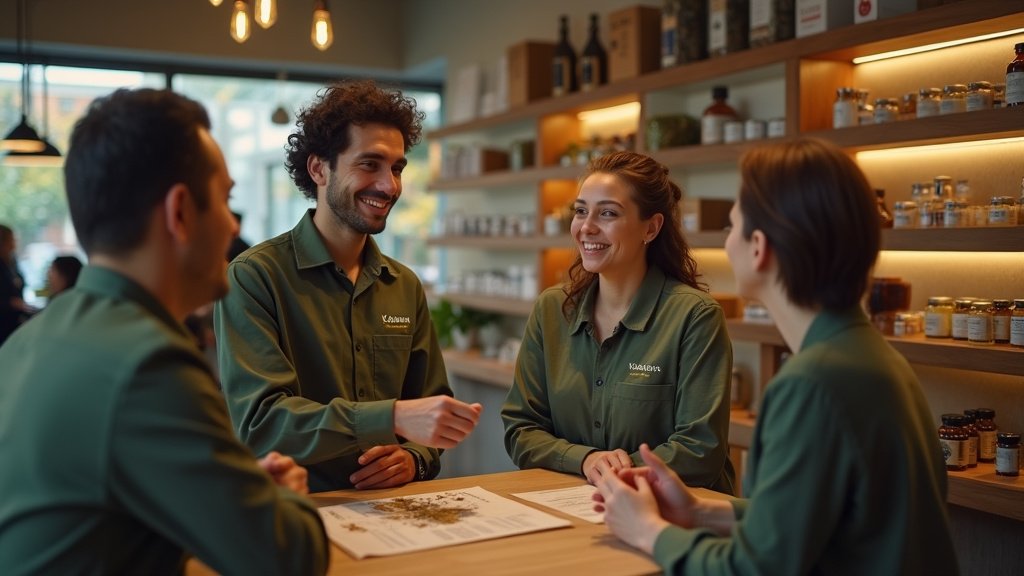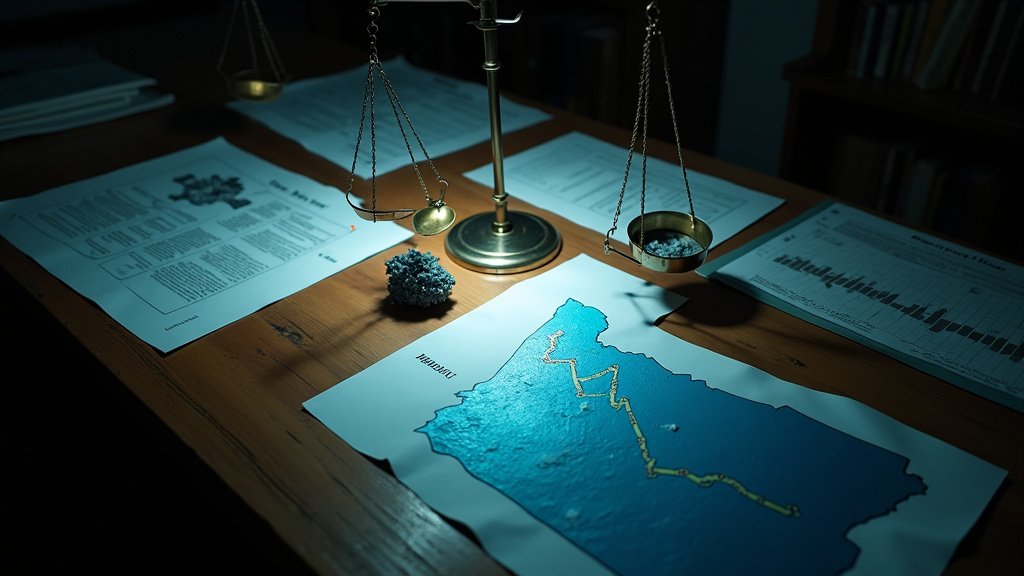SALEM, OR – An initiative seeking to privatize the sale of hard liquor in Oregon has cleared a significant procedural hurdle, positioning it for a potential statewide vote in 2026. However, the measure, known as Initiative Petition 43, is moving forward without the backing of traditional allies in the privatization movement and faces questions regarding its financial support.
Chief petitioners David Allison and Kyle LoCascio are spearheading the effort behind Initiative Petition 43. Their proposal aims to shift the retail sale of distilled spirits away from the current state-controlled system, potentially allowing private businesses, such as grocery stores, to sell hard liquor.
Initiative’s Progress
The campaign reached a key milestone on June 26 when the secretary of state’s Elections Division certified the initial 1,000 signatures submitted by the petitioners. This certification confirms that the initiative meets the basic requirements to proceed to the next stage of the ballot process. This early validation is a necessary step before proponents can begin the extensive signature-gathering phase required to place the measure before voters.
The Road to the Ballot
With the initial signatures validated, the focus now shifts to the Oregon Department of Justice (DOJ). The DOJ is tasked with crafting the official ballot title for Initiative Petition 43. This title, along with a summary, is critical as it provides voters with a concise description of what the measure would do. The ballot title must be clear and impartial, a process that sometimes involves legal challenges from opponents or proponents.
Once the ballot title is finalized and approved, David Allison, Kyle LoCascio, and their supporters can begin collecting the roughly 117,173 valid signatures from registered Oregon voters required to qualify Initiative Petition 43 for the 2026 ballot. This signature threshold represents eight percent of the total votes cast for governor in the last gubernatorial election, a significant undertaking that typically requires substantial organization and funding.
Unconventional Support Landscape
Adding a layer of complexity to the current push for privatization is the notable absence of support from organizations that have historically favored such reforms. Neither the Northwest Grocery Retail Association nor the United Food and Commercial Workers Local 555 – groups often aligned on previous privatization efforts or interested in the potential business impacts – are currently backing this specific initiative. Their decision not to endorse Initiative Petition 43 raises questions about the measure’s approach, potential implementation, or the coalition behind it.
Opposition and Funding Mystery
While some potential allies remain on the sidelines, active opposition is already emerging. The Oregon Beer & Wine Distributors Association has voiced its opposition to Initiative Petition 43. Furthermore, the association is reportedly mystified by the sources of the initiative’s funding. Large-scale signature gathering and campaign efforts require significant financial resources, and the lack of clarity regarding who is bankrolling this initiative adds an element of intrigue and raises transparency questions among stakeholders and observers of Oregon politics.
Petitioners’ Rationale
Despite the questions surrounding support and funding, chief petitioner David Allison has articulated the core rationale behind Initiative Petition 43. Allison stated that the pair is seeking the “greater convenience” for consumers. This suggests proponents believe privatizing hard liquor sales would make purchasing distilled spirits easier and more accessible for Oregonians, potentially by increasing the number of retail locations or extending operating hours beyond the current state store model.
Outlook
As Initiative Petition 43 moves forward, it faces considerable challenges. Beyond the immediate need for a ballot title and the daunting task of gathering 117,173 valid signatures, the initiative will need to build broader support, address the concerns of opponents like the Oregon Beer & Wine Distributors Association, and potentially clarify its funding sources. The coming months will be crucial in determining whether David Allison and Kyle LoCascio can build the necessary momentum and resources to bring the question of hard liquor privatization before Oregon voters in 2026, navigating a political landscape marked by unconventional alliances and lingering questions about the initiative’s origins and backing.
This story was produced by the Oregon Journalism Project. [5]




